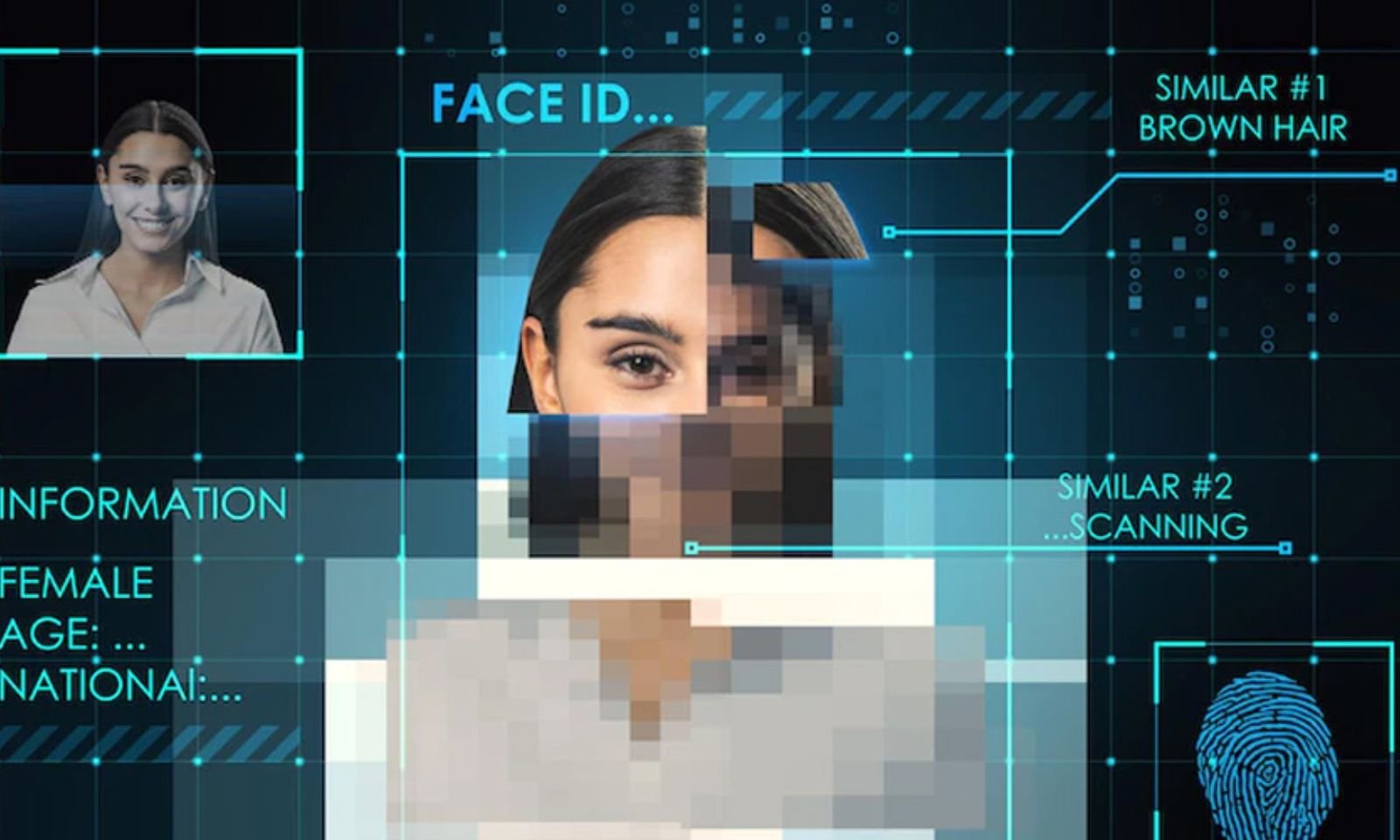Cyber Crime
4,000+ Famous Celebrities Trapped In Deepfake Nightmare – Could Your Favorite Be Next?
250+ UK stars hit by deepfake porn. Channel 4’s investigation exposes a dark side of AI, igniting calls for action.

In an eye-opening investigation by Channel 4 News, the dark side of digital innovation has been thrust into the spotlight, revealing a disturbing trend that implicates more than 250 British celebrities among thousands globally. These individuals, including well-known female actors, TV personalities, musicians, and YouTubers, have fallen victim to deepfake pornography—a form of digital manipulation where their faces are superimposed onto explicit content without their consent. This shocking discovery was made after analyzing the five most trafficked deepfake websites, identifying nearly 4,000 celebrities ensnared by this intrusive technology, which drew an astounding 100 million views over just three months.
The Emotional Toll on Victims
Cathy Newman, a prominent figure at Channel 4 News and one of those targeted, shared her feelings of violation and helplessness, painting a vivid picture of the emotional toll exacted by these deepfakes. The investigation’s findings resonate with the broader implications for privacy, consent, and the ethical use of AI, spotlighting a growing digital menace that blurs the lines between reality and fabrication.
A Surge in Deepfake Content
The proliferation of deepfake content has reached unprecedented levels. In the initial nine months of 2023 alone, over 143,000 new deepfake porn videos were uploaded to major platforms, marking a significant uptick in activity and surpassing totals from all previous years combined. This alarming trend underscores the urgent need for effective countermeasures and legislative frameworks to combat the spread of such harmful content.
ALSO READ: Giorgia Meloni’s Bold Move Against Digital Abuse: Rs 90 Lakh Lawsuit Sparks Debate Over Deepfake Pornography
Legislative Efforts and Challenges
The UK’s Online Safety Act, introduced on 31 January, represents a legislative effort to curb the non-consensual sharing of explicit imagery, including deepfakes. However, the creation of such content remains a legal grey area, sparking debates on the need for comprehensive regulation. The enforcement and application of this Act, tasked to the broadcasting watchdog Ofcom, are still under consultation, with the aim of crafting a robust legal and regulatory response to this evolving challenge.
Victim Testimonies and the Call for Action
The personal stories of those affected, like Sophie Parrish from Merseyside, highlight the deeply degrading and dehumanizing nature of deepfake pornography. Parrish’s account of discovering fake nude images of herself online before the legislation came into effect brings to light the violation of trust and the profound impact on victims’ lives, emphasizing the necessity for stronger protective measures and a cultural shift towards respect and consent in digital interactions.
ALSO READ: International Cybercrime Ring Busted: Pig Butchering, Cyber Slavery, Stock & Passport Fraud Uncovered
Tech Industry’s Response
Major tech companies, including Google and Meta (formerly Facebook), have publicly addressed the issue, pledging to enhance protections against deepfake content. Google has offered tools for individuals to remove unwanted content from search results, while Meta has taken steps to prohibit the sexualization of children and the distribution of non-consensual nude images across its platforms. These initiatives, while commendable, highlight the ongoing challenge of policing such content in the vast and complex digital ecosystem.
Towards a Safer Digital Future
The Channel 4 News investigation into deepfake pornography not only sheds light on a disturbing aspect of digital advancement but also serves as a call to action for individuals, technology companies, and legislators alike. As digital technologies continue to evolve, the collective effort to safeguard privacy, ensure consent, and uphold the dignity of individuals in the virtual realm becomes increasingly critical. The path forward requires a balanced approach, blending technological solutions with robust legal frameworks, to combat the misuse of AI and protect the rights and well-being of individuals in the digital age.
In recent years, the rise of deepfake technology has not spared Indian celebrities, causing significant concern and outrage. High-profile figures such as Rashmika Mandanna, Katrina Kaif, Sachin Tendulkar, Virat Kohli, and Amitabh Bachchan have fallen prey to this unsettling trend. These beloved icons, celebrated for their contributions to cinema, sports, and public life, have seen their likenesses used without consent, creating fictitious scenarios that range from embarrassing to outright defamatory.
Rashmika Mandanna and Katrina Kaif, among the leading ladies of Indian cinema, have been subjected to deepfake videos that manipulate their images into inappropriate content, undermining their dignity and violating their privacy. Similarly, cricket legends Sachin Tendulkar and Virat Kohli have been depicted in manipulated videos that distort their actions and words, potentially harming their reputations and misleading fans. Amitabh Bachchan, a stalwart of the Indian film industry, has also not been immune, with deepfakes circulating that misrepresent his persona.
These incidents highlight a growing concern over digital consent and the ease with which technology can be misused to create convincing falsehoods. The Indian entertainment and sports sectors, along with regulatory bodies, have been prompted to take notice and advocate for stronger protections against such digital abuses. The experiences of these celebrities underscore the urgent need for awareness, legal frameworks, and technological solutions to combat the proliferation of deepfake content and protect individuals’ rights in the digital sphere.
